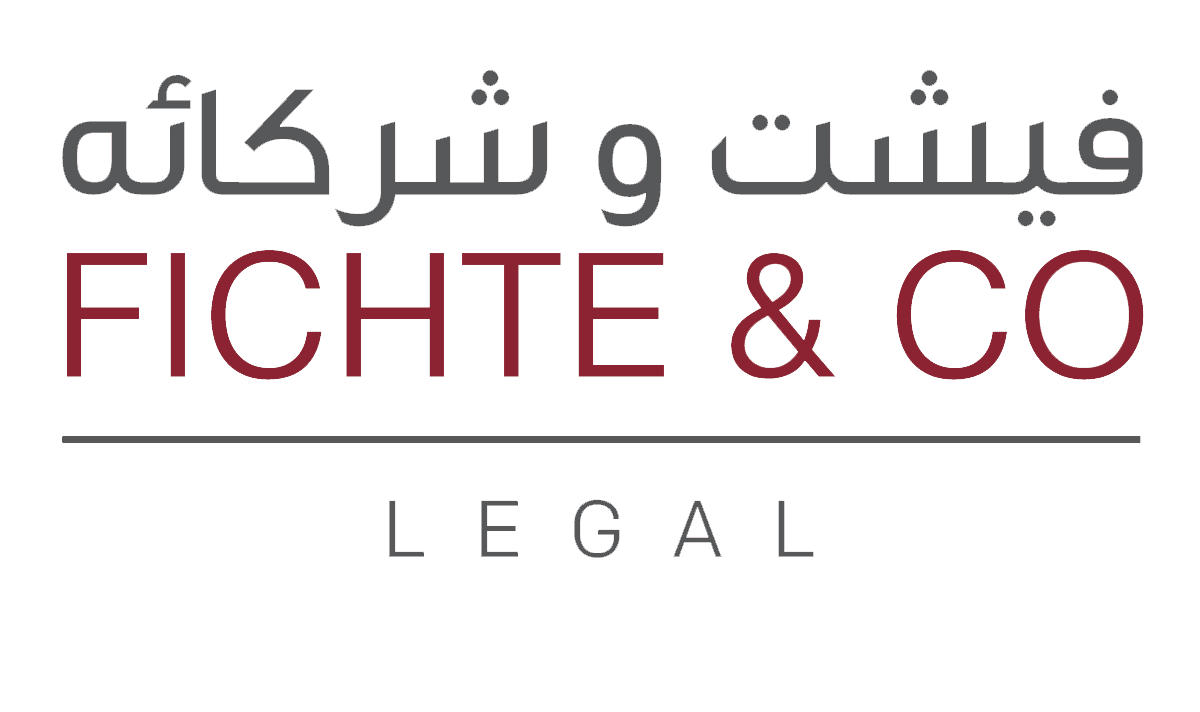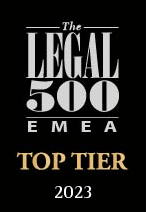Client update
In 2019, the UAE Government issued a series of Directives and Resolutions, collectively referred to as the “Economic Substance Regulations” or the ESR. The purpose of the ESR is to curb harmful tax practices in UAE, in compliance with OECD international standards and with the guidelines issued by the European Union Code of Conduct Group on Business Taxation. For the companies activating in the specified sectors, the ESR imply a new compliance requirement and, in certain cases, business restructuring, mergers, acquisitions or even exit. The ESR is deemed to be business disruptor.
For a clearer picture on how the ESR works, please refer to the below CHECKLIST:
1. Is your company activating in one or more of the ESR specified sectors (“Relevant Activity”)?
The ESR specified sectors or Relevant Activities are:
Shipping, Banking, Insurance, Investment Fund Management, Lease – Finance Business, Headquarters Business, Holding Companies, Intellectual Property Business (“IP”), Distribution and Service Centre Companies.
The ESR apply to all companies under the wider UAE Jurisdiction, being them registered in a free zone or mainland, of course, in the specified sectors above. The only entities exempted from the ESR are the Federal and Local Governments and their relevant bodies and agencies.
2. If yes, what do you need to do?
In simple terms, you would need to officially demonstrate to the regulators that you undertake a genuine economic activity in the market and your activity is passing the Economic Substance Test (‘EST’) and the thresholds imposed by the regulators.
3. Who are the regulators?
The regulators are the governmental authorities administering the zone where the company is registered. For example, for a company registered in DIFC, it is the DIFC Authority (as Regulatory Authority) who issues the reporting requirements and who needs to receive such notifications. Likewise, for a company registered for instance in mainland Dubai or in DMCC, it will be the Dubai Department of Economic Development, respectively the DMCC Authority (as Regulatory Authorities) that will issue requirements and receive notifications from the companies registered under them. For a bank, we may have additional regulators, such as the Central Bank of UAE.
As such, , for each case, the regulators will determine whether the Economic Substance Test (EST) is met.
4. How can you demonstrate that your economic activity is genuine?
According to the ESR, there are 2 methods available:
- Self-reporting; and / or
- Information required by the regulators, specifically.
Each regulator is determining what kind of information is required and what is the procedure for that; some regulators have already started issuing guidelines and publishing deadlines for receiving information, deadlines that need to be mandatorily met.
5. What kind of information do you need to furnish? How detailed should this be?
The regulators would firstly need to know whether or not all or any part of the company’s gross income is subject to tax in a jurisdiction outside of the UAE. They would need to know the date of the end of that company’s financial year and certain financial figures attained by the company.
In addition, the regulators require information referring to the relevant income and operational expenses of the company, its employees, management, board meetings, intellectual property assets and activities, location and place of business, outsourced business, as determined in detail by Article 8(4) of the ESR. Few simple examples: in order to pass the regulator’s thresholds, the companies need to have employees in UAE, to have verifiable cash flow in UAE, need to have managers present in UAE, as well as board meeting happening in UAE.
The Regulatory Authorities may require additional information, in order to evaluate whether a company and its activities meet the economic substance test.
6. Will the regulators inform you on the requirements and depth level of data to be supplied?
In general, each regulator will issue specific instructions and sometimes templates that the companies need to fill in. In most of the cases, these details need to be furnished online, via portals, unless directed otherwise by the regulators.
7. When is the deadline for such notifications?
The notifications are to be done yearly or bi-early, starting with the financial year 2019. As such, the first notifications are due in 2020 (June 2020 announced as first interim deadline).
The Ministry of Finance, the main processor of such data, issued certain clarifications:
- For a company with 01.2019-31.12.2019 financial year, the first assessable period is 01.01.2019-31.12.2019. First notification needs to be submitted by June 30 2020.
- For a company with say 01.04.2019-31.03.2020 financial year, the first assessable period is 01.04.2019-31.03.2020. The period before April 1 2019 needs not to be notified to the regulators. First submission deadline is again June 30 2020.
8. What if a company is not furnishing the data required or is not willful to furnish such data?
Under the ESR, there are sanctions applicable in such situation, starting with fines (min. 50,000AED) and ending with more severe sanctions, such as possible restrictions to activity or even deregistration by the regulators.
9. What happens with the data collected by the regulators?
The company data is analyzed by the regulators in order to determine that a company undertakes a genuine economic activity in the country and is not used for harmful tax practices (i.e. avoiding paying taxes in other countries).
The data collected can be further furnished to the UAE Ministry of Finance. The Ministry of Finance has the ability, via the international agreements entered by UAE, to communicate such data to the ministries of finance in other countries.
10. What if a company does not meet the Economic Substance Test?
If the company does not meet the Economic Substance Test, it may legally imply that company is not undertaking genuine economic activities and is allegedly used for avoiding paying taxes in other countries. A full set of sanctions my derive from here, implying regulators and / or other governmental bodies in UAE or abroad.
In order to avoid such situations, certain companies need to restructure their activity, restructure their employment and outsourcing records, imply a set of policies and procedure for compliance with the ESR, change their contractual structure, merge or even look for exit strategies or other corporate set ups, in other areas, that are more compliant with the new ESR requirements.
Disclaimer: this update is not a legal advice. For further details, please access our website dedicated section here. For questions on your specific situation, please email us at info@fichtelegal.com




